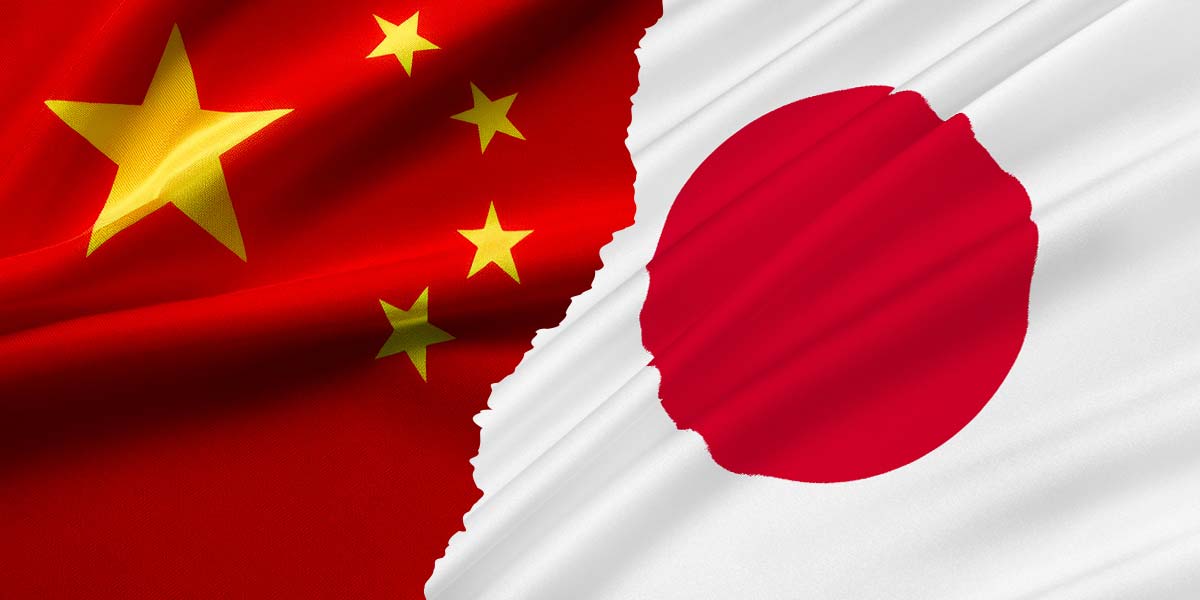Japanese Prime Minister Sanae Takaichi has dismissed demands from Beijing to retract her recent comments on Taiwan, maintaining that Japan’s stance in the event of a major regional security crisis remains unchanged.
This follows her suggestion that a Taiwan Strait conflict could be considered a “survival-threatening situation” for Japan—allowing military deployment under Japanese law—which provoked sharp economic and diplomatic retaliation from China.
Takaichi emphasized that Japan’s government will make comprehensive judgments based on the specifics of any actual situation threatening the nation’s existence.
This controversy has emerged as Takaichi’s first serious diplomatic challenge since taking office. Despite sustained pressure from Chinese officials, state media, and diplomats insisting that she withdraw her comments, Takaichi and her government have attempted to ease tensions, focusing on efforts to stabilize the relationship following last month’s meeting with Chinese President Xi Jinping at the APEC summit in South Korea.
Chinese foreign ministry spokesperson Mao Ning warned that China would pursue “serious countermeasures” if Japan refused to retract the statements. Meanwhile, a number of responses have already been established, such as discouraging tourism to Japan, suspending plans to resume Japanese seafood imports, and halting approvals for new Japanese films. However, it has yet to threaten the supply of rare earth elements to Japan.
Adding to diplomatic friction, Japan’s Chief Cabinet Secretary Minoru Kihara criticized China’s recent decision to postpone a trilateral culture ministers’ meeting with South Korea, calling Beijing’s actions at odds with the shared goal of building constructive ties. China canceled the planned meeting in Macao, citing Takaichi’s “extremely erroneous remarks” as undermining the atmosphere for cooperation.
The aftermath of the dispute has also impacted the private sector and cultural exchanges. The Chinese Consulate General in Nagoya canceled a social gathering organized with bilateral friendship groups in central Japan, while a baseball clinic in Shanghai with former Japanese players and multiple music performances by Japanese artists in China have been postponed or canceled, often citing safety concerns.
Japan had been exploring a summit between Takaichi and Chinese Premier Li Qiang during the upcoming G20 summit in South Africa, but Chinese officials indicated such talks would not take place.





